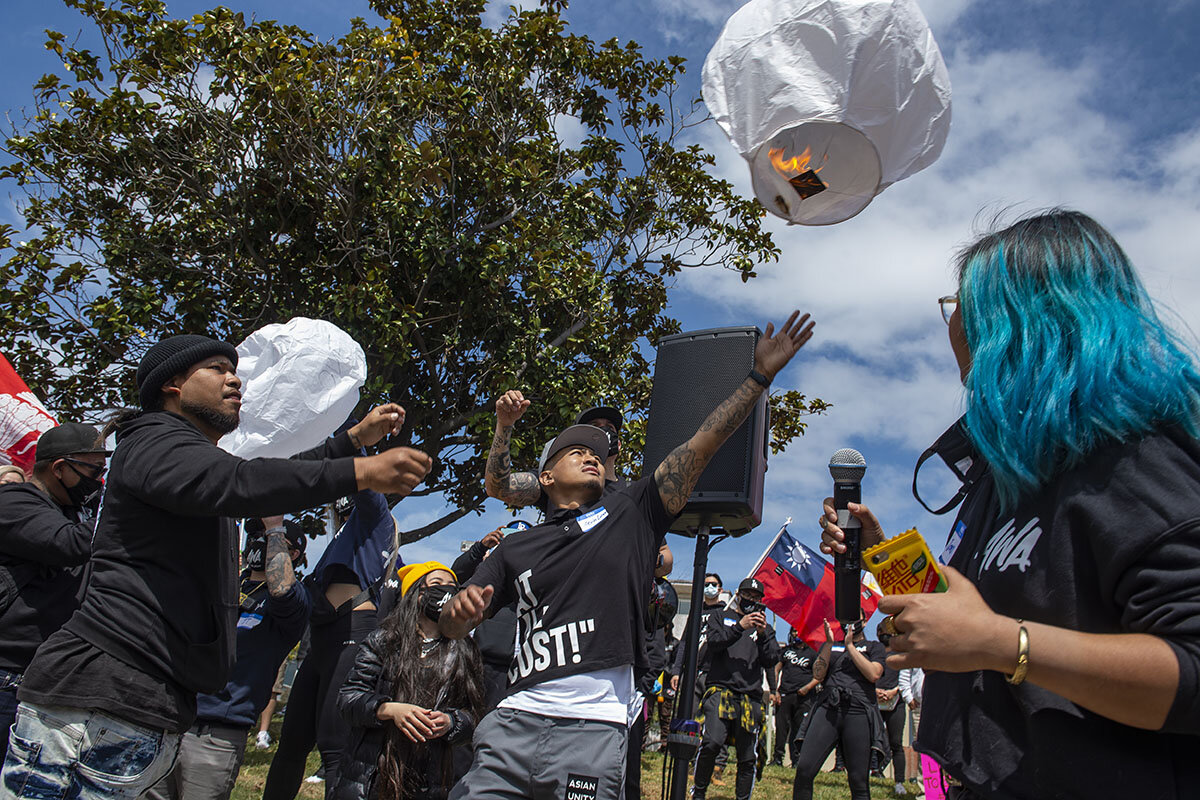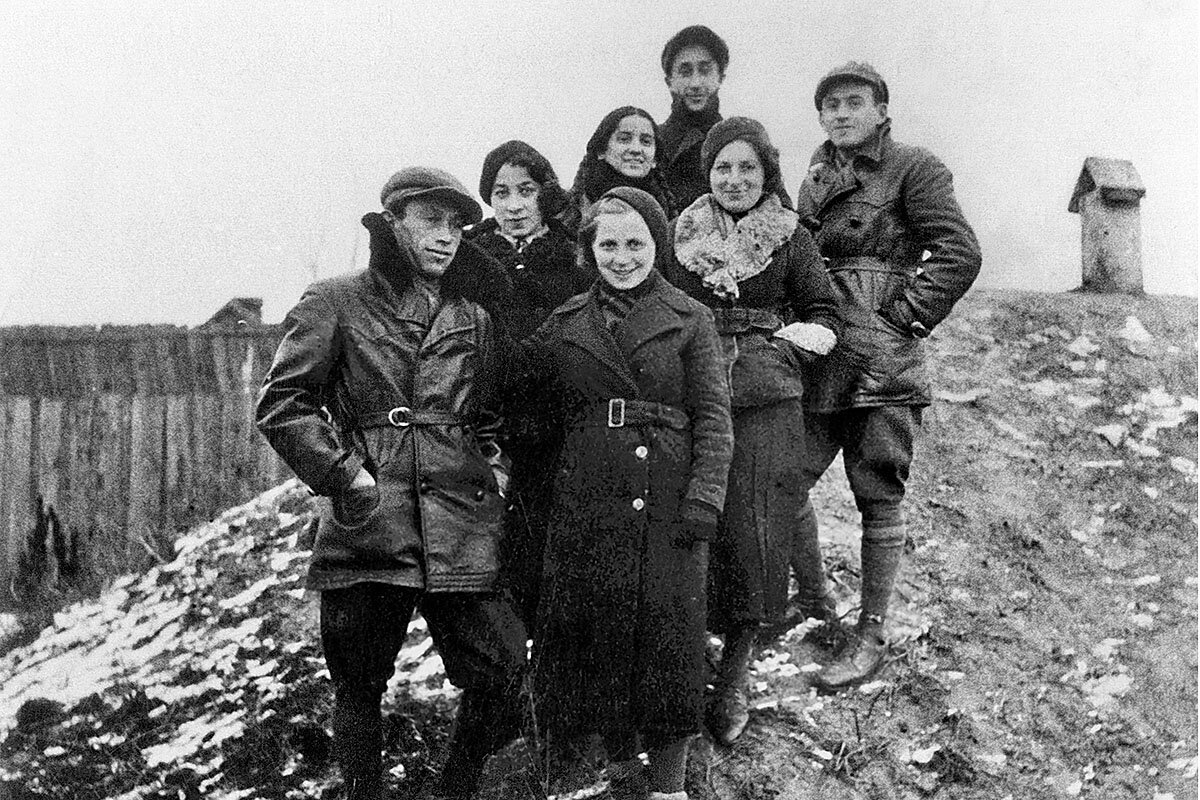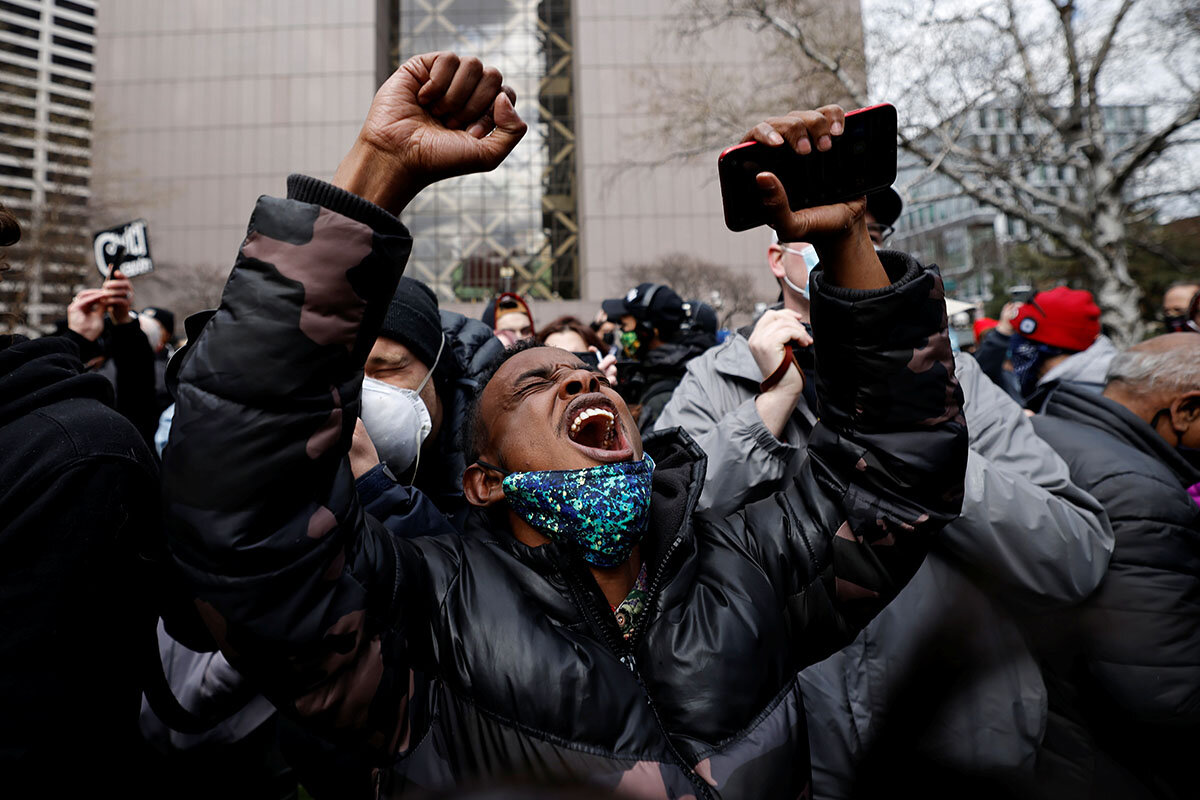When the United States withdrew its troops from Vietnam in 1973, critics warned of long-term negative consequences. Some came true, yet within a generation, the West had won the Cold War and much of Asia was democratic. The U.S. and Vietnam are close friends. Similar warnings are now being made about President Joe Biden’s decision to exit Afghanistan, nearly two decades after ousting the Taliban and crushing Al Qaeda in response to 9/11. Yet as with Vietnam, it may take decades to know fully how a U.S. pullout in Afghanistan, and someday in Iraq, will play out. In at least one profound way, both wars have fundamentally changed how the U.S. fights wars and makes peace.
A recent brief U.S. mission in Burkina Faso shows how. The Special Operations Command Africa, whose primary focus is training African troops in counterterrorism tactics, sent a three-person interfaith religious team to help build the African country’s first military chaplains corps. That effort reflects a recognition drawn from two decades of fighting insurgencies in countries largely shaped by religion. As an unclassified “instruction” from the chairman of the Joint Chiefs stated last October: “Outside of Western Europe and North America, populations that hold to historic religious faiths continue to increase. This growth, coupled with shifting immigration trends, presents important issues for the Joint Force. It challenges our understanding of how religion motivates and influences allies, mission partners, adversaries, and indigenous populations and institutions.”
The traditional role of military chaplains is to provide spiritual care for troops in combat. The wars in Iraq and Afghanistan changed that as commanders struggled to build bridges with local communities. Increasingly they turned to the chaplains in their units. Over time a doctrine of faith-based peace building in the field has been developed involving chaplains at all levels of military operations.
Burkina Faso is one of five countries in the Sahel region of Africa battling against an array of Islamist factions. Its new chaplain corps includes Muslims and Christians. The initial goal was to tend to troops demoralized by combat and the pandemic. After training with U.S. chaplains, they now see themselves as “force multipliers” uniquely suited to advancing peace mediation in military operations. Neighboring Mali has expressed interest in developing a similar model.
“The U.S. Military cannot overlook religious factors in conflict if it is to achieve peace,” argued Capt. Anna Page, a chaplain in the 414th Civil Affairs Battalion, in a recent essay in Eunomia Journal. “Religion can enable peace. The military, therefore, needs experts who adhere to its doctrines and speak the language of faith. These people are chaplains.”
The long war in Afghanistan may have shown the limits of building democracy in societies structured by different norms. Mr. Biden’s critics charge him with embracing defeat. But that conflict, like the one in Iraq, has honed a powerful idea – that religion, so often a spark of war, can be a military tool for peace. In the Sahel, that idea is spreading.
 Mark Sappenfield
Mark Sappenfield










